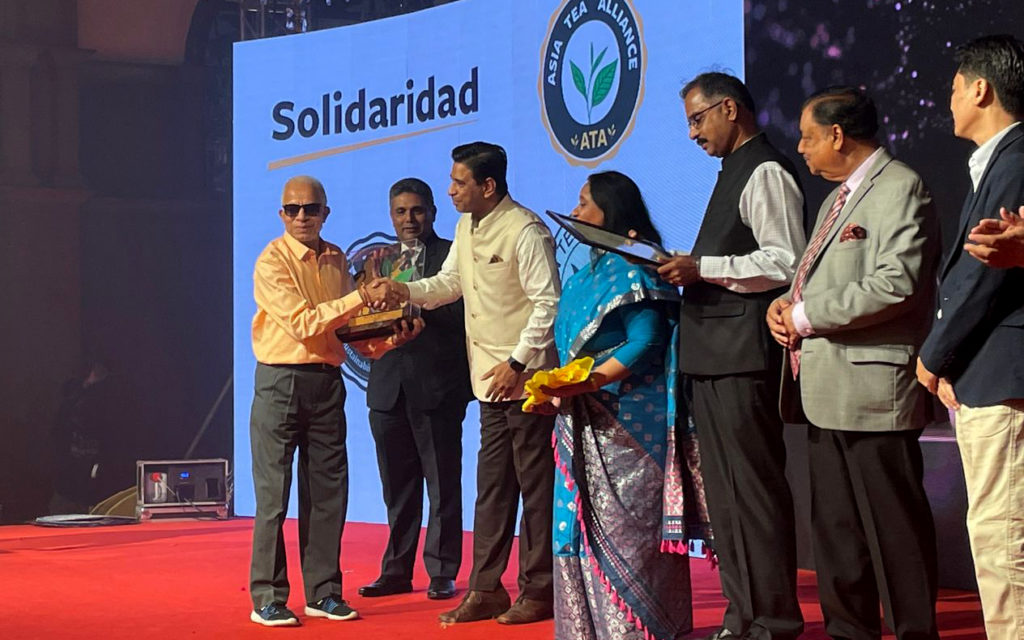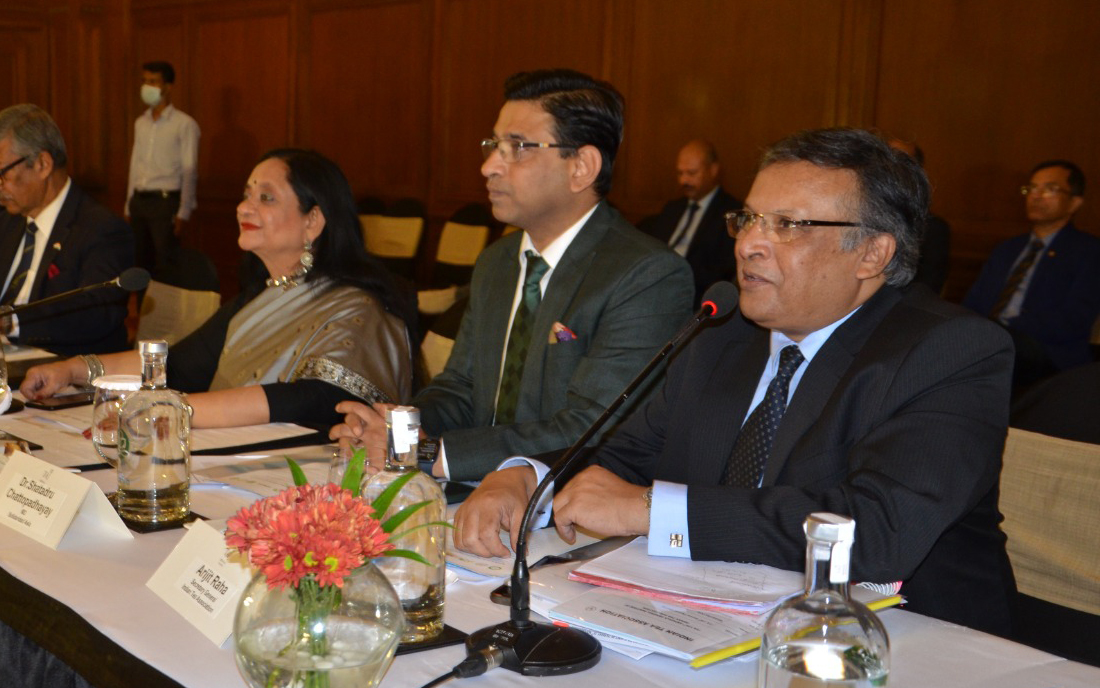These sectoral challenges were the focus at the second Asia Tea Alliance (ATA) summit in Kolkata, convened by Solidaridad Asia with members from the tea associations of India (Indian Tea Association), China (China Tea Marketing Association), Indonesia (Indonesia Tea Marketing Association), Bangladesh (Bangladesh Tea Association), Nepal (Nepal Tea Producers’ Association) and Sri Lanka (The Planters’ Association of Ceylon). Alliance members delivered a manifesto with key points for action to move the sector forward.
Focus areas include:
- promoting national sustainability standards and the UN sustainable development goals;
- protecting the interests of tea producers;
- tackling climate change;
- initiating fair carbon farming programme;
- advocating for the fair distribution of value;
- facilitating transparency and traceability; and
- increasing consumption of sustainable tea.
Members also committed to developing a joint database covering all member countries and publishing an Asia Tea Alliance digest every two years with relevant research on sustainable tea production and consumption.
The member-countries also elected Nayantara Palchoudhuri, currently chairperson of the Indian Tea Association (ITA), as the chair of the ATA. She is the first woman to head the 141-year-old ITA, as well as the ATA, a significant milestone in the sector.
“Climate change triggered by global warming is perhaps the most important environmental challenge faced by humanity today. The need of the hour is to come up with sustainable adaptive measures for tea cultivation.”
– Nayantara Palchoudhuri, Chairperson, Asia Tea Alliance
“Climate change triggered by global warming is perhaps the most important environmental challenge faced by humanity today. The need of the hour is to come up with sustainable adaptive measures for tea cultivation,” said Nayantara Palchoudhuri, Chairperson, Asia Tea Alliance. “Technologies of the new-age are set to revolutionize agricultural and industrial operations the world over. The Asia Tea Alliance offers an ideal platform to facilitate exchange of knowledge in areas of technological innovations.”
The Summit was followed by a day-long India International Small Tea Growers’ Convention where captains of the tea industry and key representatives from small growers’ groups from Assam, West Bengal and South India spoke on various aspects of value and supply chain, and the need to shift to smart and sustainable farming.
Solidaridad Asia’s Managing Director Shatadru Chattopadhyay shared perspectives on new opportunities for the sector:
“Carbon-positive supply chains are the new sustainability narrative of this decade… However, in order to move towards carbon-efficient sustainable farming, the downstream actors of the supply chain need to bring in a fair distribution of value with a payment structure that accounts for the external costs — including environmental, social and economic. Right now, small tea growers bear all these costs. A fair price for the ecosystem service small tea growers provide could go a long way.”

The ATA was founded in April 2019 in Guizhou province of China to unite the Asian tea industry to make the Asian tea sector more competitive and sustainable, with improved living and working conditions for tea workers, and a fair return for tea producers. Solidaridad Asia serves as a neutral convener.

